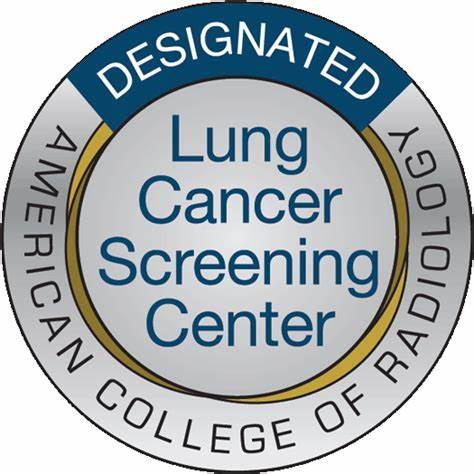Lung cancer is one of the most common cancers in the world. Often the disease does not show symptoms until it has progressed to advanced stages. It is difficult to treat and the survival rate decreases.
A low-radiation-dose CT (LDCT) scan can detect lung cancer at its earliest stages, making treatment both easier and more effective — and early detection is the key to beating any cancer. The screening is required for people who may have a higher risk for lung cancer due to their history of smoking.
An LDCT scan of the chest to screen for lung cancer is like a mammogram for breast cancer. Both can detect cancer in its early stages and save lives. In a reported study, LDCT lung cancer screening has been shown to reduce lung cancer deaths by 20-33% in high-risk populations. It is estimated that following government screening guidelines could save an additional 10,000 to 20,000 lives each year.
Should You Be Screened?
People with a history of smoking cigarettes have a high risk of lung cancer. Tobacco use accounts for almost 90% of all lung cancers. The more cigarettes you smoke per day and the earlier you started smoking, the greater your risk of lung cancer.
A lung cancer screening is recommended if you:
- You are between 50 and 77 years old.
- Smoked a pack of cigarettes a day for 20 years, or two packs a day for 10 years. Calculate your pack year history.
- Quit smoking within the past 15 years but meet the above criteria.
If you meet the criteria above,
- Talk with your doctor. A physician referral is required for a scheduled screening.
- Contact your insurance provider. Ask about your expected out-of-pocket cost for CPT Procedure code: 71271.
- Decide if screening is right for you.
Still have questions? Our Lung Cancer Screening Program Nurse Navigators are available to answer your questions at 855-399-LUNG (5864) or by using the form below.
What to Expect During a Lung Cancer Screening — 3 Steps
- Using a low-dose CT (LDCT) scan, doctors look for suspicious growths called lung nodules. This scan involves less radiation than a standard X-ray or CT scan, so you don’t have to worry about unnecessary exposure.
- A ring-shaped CT scanner passes over you while you lie on a narrow table. The scan is painless and doesn’t require any special preparation. You may be asked to hold your breath a few times during the scan.
- If a nodule is detected, you’ll be contacted for further evaluation. You may meet with a pulmonologist or thoracic surgeon who explains the findings and next steps of your care. It may involve a more detailed scan or procedure to take a tissue sample.
Screening Locations
The Missouri Baptist Lung Cancer Screening Program schedules screenings at five locations around the St. Louis area:
- Missouri Baptist Medical Center - Main campus 3015 North Ballas Road St. Louis, MO 63131
- Missouri Baptist Cancer & Infusion Center - Sunset Hills location BJC Outpatient Center at Sunset Hills 3844 South Lindbergh Blvd. St. Louis, MO 63127 314-525-0550
- Parkland Cancer Center 1103 West Liberty St. Farmington, MO 63640 573-701-7250
- Missouri Baptist Sullivan Hospital's Cancer and Infusion Center 751 Sappington Bridge Road Sullivan, MO 63080 573-860-7950
- Memorial Hospital in Chester, Illinois 1900 State St. Chester, IL 62233 618-826-4581
Remember: Finding nodules does not always mean a cancer diagnosis. They can be due to other issues, such as scars or previous infections. In addition, LDCT scans do not find all lung cancers, and cancers they do find can be at any stage of progression.
Designated ACR Lung Cancer Screening Center
The Missouri Baptist Lung Cancer Screening Program has been named a Designated Lung Cancer Screening Center by the American College of Radiology (ACR). Designated ACR Screening Centers are committed to provide clear information based on current evidence on who is a candidate for lung cancer screening, and to comply with comprehensive standards based on best practices developed by professional organizations, such as the National Comprehensive Cancer Network (NCCN).
Missouri Baptist is consistently ranked among the top regional hospitals by U.S. News as high performing in lung cancer surgery.
Schedule an Appointment
To find out more about lung cancer screening or to schedule an appointment, our navigators can guide you through the process and answer any questions you might have. Call 855-399-LUNG (5864) or fill out the form here.